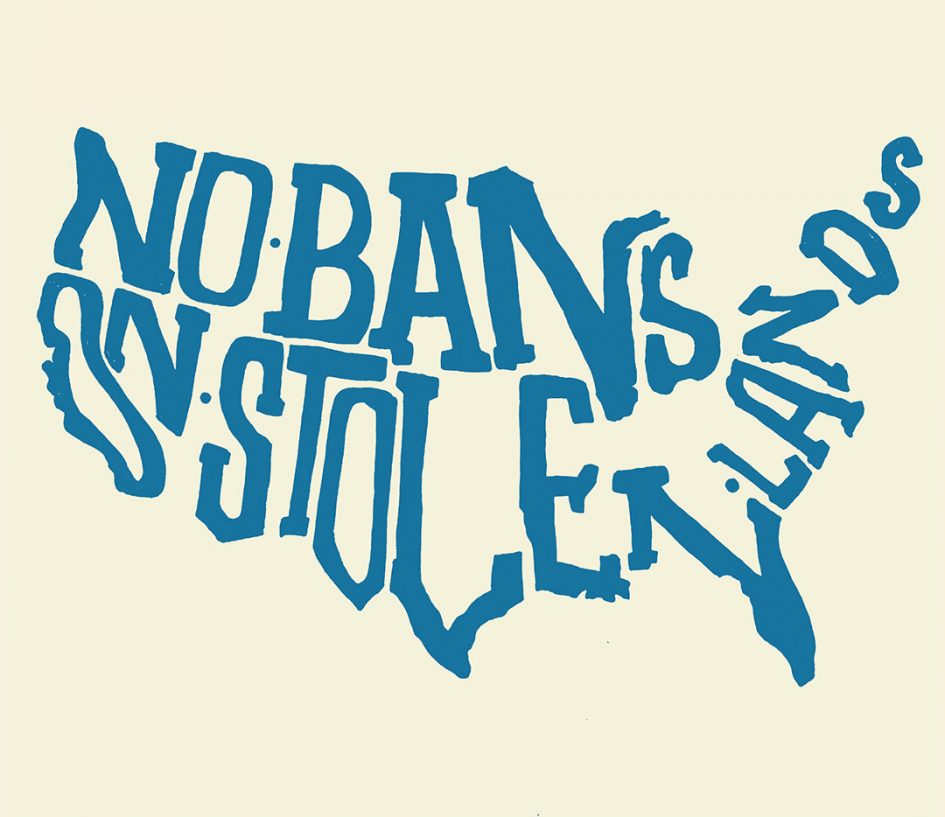SOS: ComAlt, Seminar Pre-Writing Week 7
16 May 2017
Word Count: 284
Passages:
“Florida’s agricultural industry has always had close relations with the state’s politicians. Crist’s letter must have stung, but it didn’t alter the exchange’s position” (Estabrook 2012: 136).
“And tell me, what is a second-class citizen? You either a citizen or you’re not. And that reminds me about my forty acres and a mule. I’ll take the forty acres and a Jeep” (Smart-Grosvenor 1970: 71).
“This is a violation of the sovereign standing of a tribal government; the Standing Rock tribe has not and will not give approval for this project. It is a threat to their ability to live on what they have left of their ancient homeland” (Deetz 2016: 2).
News Media Context:
USDA Drops Plan To Test For Monsanto Weed Killer In Food
“The discussions of testing this year come as U.S. and European regulators are wrestling with cancer concerns about the chemical, and as Monsanto, which has made billions of dollars from its glyphosate-based herbicides, is being sued by hundreds of people who claim exposures to Roundup caused them or their loved ones to suffer from non-Hodgkin lymphoma.”
Discussion:
This week my triggering passages were all chosen because they instilled a sense of hopelessness in me. For the past two quarters we have been discussing the process of commodification and it’s potential alternatives. Creating any sort of resolution in regard to the consequences of an inherently unequal economic system is a difficult task to begin with, but when these systems are enforced by a corrupted government, breaking from the bonds of these aligned powers seems nearly impossible.
The pattern of government bodies enabling corporations to steal or exploit the lands and resources of marginalized people is strewn throughout various examples in this week’s readings, from the systematic reclaiming of land that was once awarded to former slaves as reparations, to the poison-for-profit attack on land that belongs to native peoples. It seems, especially in these particular cases, that even if there are laws or rights created to correct the wrongs of our past, this justice served quickly regresses due to corporate power and greed. Many people are outraged by the fact that corporations have the same legal rights as individuals, and this outrage is certainly warranted. But tragically, in practice these corporations have more rights than an individual – especially more than an individual who happens to be a woman or person of color.
My dad and I used to fight about who “the man” was because this was a question that would ultimately define our political differences. While my socialist tendencies led me to conclude that it was big business, my dad’s libertarian rhetoric dicated that it was the government. The sad truth is that in this day and age “the man” is actually “the men,” and ultimately two is stronger than one.
Citations:
Deetz, Hartman. (2016). “Everyone is Downstream.” Retrieved from https://foodfirst.org/wp-content/uploads/2016/11/Fall2016_FinalBackgrounder.pdf.
Estabrook, Barry. (2012). Tomatoland: How Modern Industrial Agriculture Destroyed Our Most Alluring Fruit. Kansas City: Andrews McMeel Publishing.
Gillam, Carey. (2017 March 27). “USDA Drops Plan To Test For Monsanto Weed Killer in Food.” Retrieved from http://www.huffingtonpost.com/entry/usda-drops-plan-to-test-for-monsanto-weed-killer-in_us_58d2db4ee4b062043ad4af84
Smart-Grosvenor, Vertamae. (1970). Vibration Cooking: Or, the Travel Notes of a Geechee Girl. Athens: The University of Georgia Press.

Leave a Reply